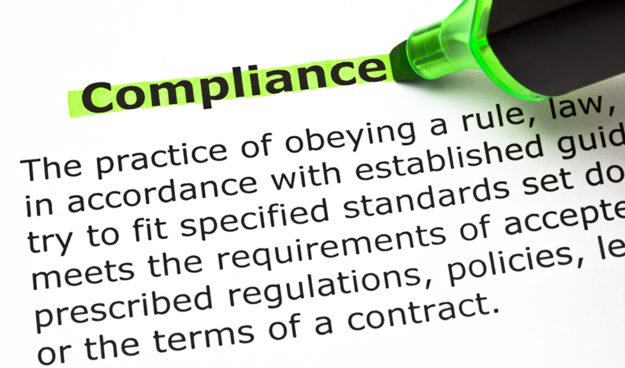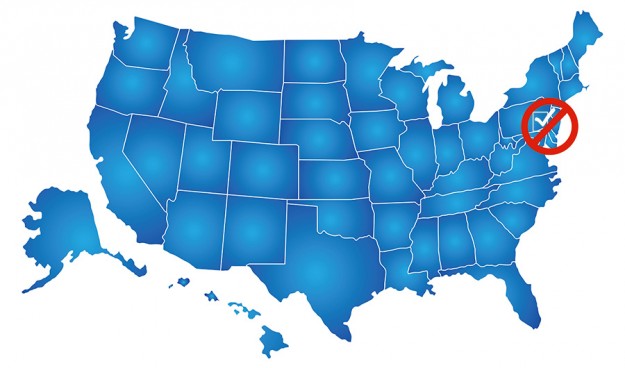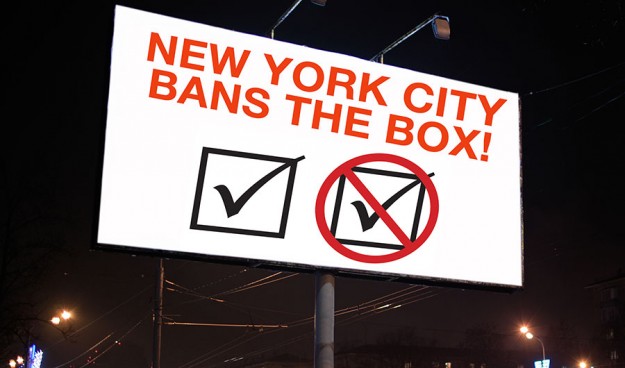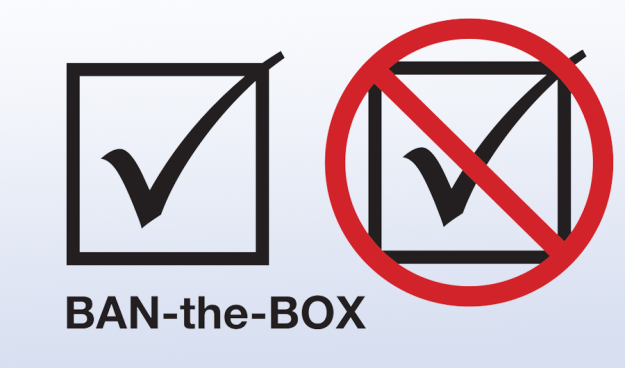Stay compliant by understanding State and Federal Regulations
With over 4 million workers affected by the new overtime rules, there is bound to be a big impact on companies, especially small businesses. Whether you have hourly, exempt employees or both, your company will likely have some major changes in payroll.* It has become common for businesses to classify their workers based on what works for them instead of
From building their own websites to recruiting and more, a lot of businesses are finding it is a time and money saver to bring some tasks in-house. If you are thinking about using an online DIY background screening site to handle your background screening, look at your options apples-to-apples. On the surface, the task of performing background screening
Just in case you missed it, a law passed in CA (AB 622) back in October of 2015 which prohibits the use of the E-Verify system that is administered by the United States Citizenship and Immigrations services until after an offer of employment has been made. If you haven’t reviewed your E-Verify usage policies in a while, now is definitely the time to be sure you are compliant.
The Fair Labor Standards Act (FLSA) Final Rule addresses and defines the regulations for determining the status of your employees as exempt or non-exempt and updates regulations for overtime. Employees are exempt only if they are employed in a genuine executive, professional, or administrative position as those terms have been defined in the Department of Labor’s regulations at 29 CFR part 541.
As the focus has turned to regulatory oversight, compliance is the topic to pay attention to in 2016. With more and more class-action lawsuits and concerns over data breaches, it is imperative to get it right.
The City of Philadelphia Expands Their “Ban the Box” Law On December 2015
Philadelphia Mayor Michael Nutter amended the city’s current “Ban the Box” law, Fair Criminal Records Screening Standard§ 9-3504.
While a recent Fourth Circuit decision in EEOC v. Freeman came out in favor of the employer, the reality is that the law is constantly changing in regard to when and how you can use background screening as a hiring tool. Although background screens
In an effort to give second chances to people that have a criminal history, the New York City Council passed a bill that delays when private sector employers can ask job applicants about their criminal history. Basically this means that employers must
With the United States having 25% of the world’s prison population, there is an ongoing effort to ease overcrowding, reduce strain on the budget, and eliminate over-punishing for non-violent crimes. To start this process, about 6,000 inmates will be released at the end of October 2015.
If your company’s HR department uses criminal history reports to implement Best Practices when making hiring decisions, you could be at risk if you aren’t keeping up with compliance laws. And, you could be missing out on qualified candidates by prematurely screening out people that could make great employees.











